
Note: SHG Technologies was featured in YourStory in September. It was part of TechSparks 2023, YourStory’s flagship tech startup event held recently in Bengaluru, and made it to YourStory’s Tech30 list as one of the 30 most promising Indian startups of 2023.
At the onset of our conversation, Seetharam (Ramu) Muthangi shows me an image–of school girls below the age of 10, seated in a classroom. They looked like normal school-going children, happy to be at school.
They say the picture speaks a thousand words. But what was striking was that the girls did not have any books with them. They were blind and had little or no access to teaching aids.
<figure class="image embed" contenteditable="false" data-id="525431" data-url="https://images.yourstory.com/cs/5/8e7cc4102d6c11e9aa979329348d4c3e/Image9k28-1694084834895.jpg" data-alt="smart vision" data-caption="
Smart Vision Glasses
” align=”center”> Smart Vision Glasses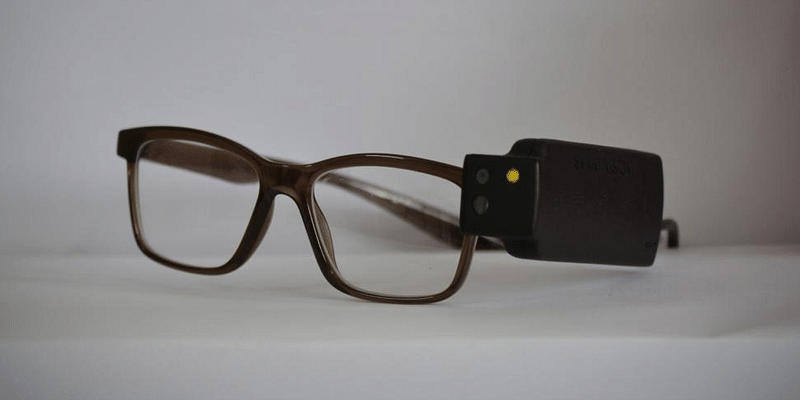
Muthangi says, “This is the typical scenario of a blind school in India. There are few books because Braille coding is very expensive, and can also be voluminous because one page of normal text converts to five to six pages in Braille. The paper and the printing process is expensive.”
There are 18 million blind people in India, and constitute 44% of the total number of visually impaired in the world. Muthangi’s innovation, Smart Vision Glasses, a device attached to a pair of eye glasses will make a difference in their quality of their lives by assisting them in different ways—reading, object recognition, face recognition, or as a walking assistant—with the help of tech tools like Artificial Intelligence and Machine Learning. All one needs is a mobile phone, and Bluetooth neckband provided with the glasses.
Smart Vision Glasses was a winner of the Aarohan Social Innovation Awards 2023, instituted by the Infosys Foundation.
Innovation from personal experiences
Muthangi, an IIT-Kanpur graduate, worked for several years in the Indian Navy in research and development roles—on products that connect various systems like sensors and weapon systems on board ships. After leaving the Navy, he worked with MNCs like Polycom and Honeywell Aerospace.
Personal experiences drew Muthangi to entrepreneurship–his first venture was formed after his father fell down and broke his femur bone. He built ApnaCare, a platform to provide quality home healthcare using technology.
When his eldest sister developed diabetic retinopathy, the doctors couldn’t do much, because of a late diagnosis.
“My sister was not even aware she had diabetes, and neglected the symptoms. Soon, she lost vision and passed away,” he says.
Soon after, Muthangi developed the idea for Smart Vision Glasses so that other people with vision impairment have a chance, make their daily activities less tedious, empowering them to be more independent.
These visual impairments include congenital blindness, people who suffer from diabetic retinopathy, macular degeneration, severe glaucoma, retinitis pigmentosa, or colour blindness, or those who lose their vision in accidents.
“Only 20% of blind people in India know Braille, and that’s why the children you see in the image need access to technology that will help them read and learn,” he adds.
Using tech to empower the blind
<figure class="image embed" contenteditable="false" data-id="525429" data-url="https://images.yourstory.com/cs/5/8e7cc4102d6c11e9aa979329348d4c3e/Screenshot2023-09-07163501-1694084725964.png" data-alt="smart Vision Glasses" data-caption="
How it works
” align=”center”> How it works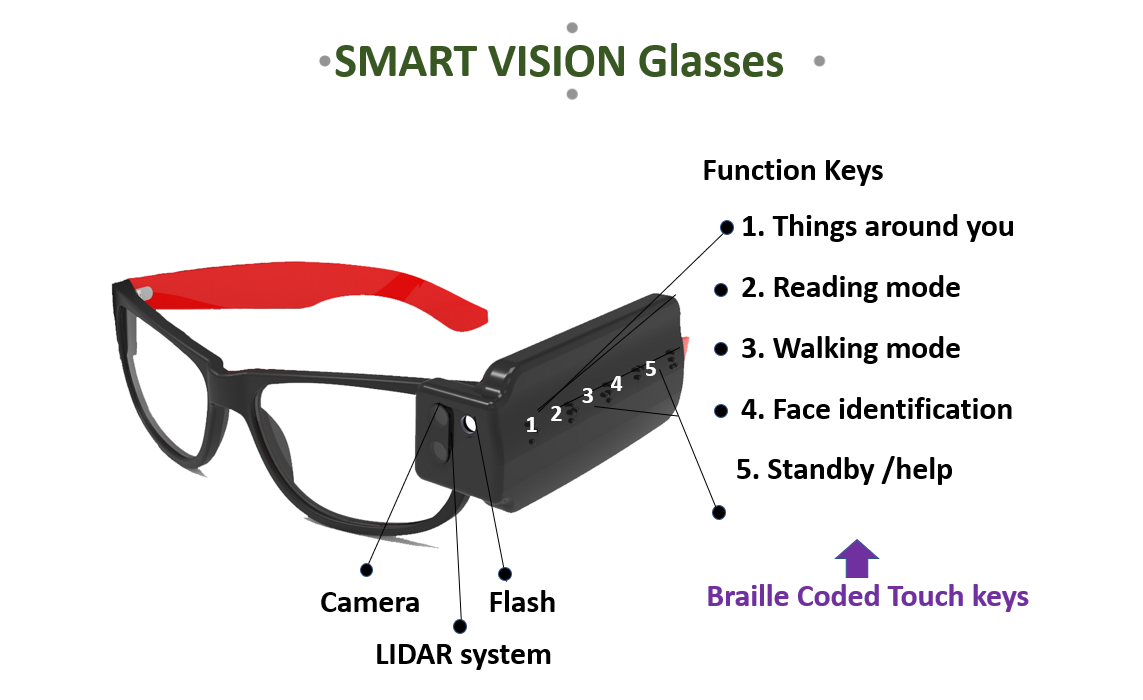
Muthangi believes that technologies like artificial intelligence and machine learning can be leveraged to help the blind.
The Smart Vision Glasses’ prototype was developed in 2018 and launched last year. It is a lightweight wearable and has five major functions. The buttons on the frame are in Braille and are touch sensitive. It is connected to a mobile phone with the help of an application.
“When you touch one button, it says you are in “things around you mode”. It tells me if there’s a laptop in front of me, a glass of water or a mobile phone to my left. It uses LIDAR technology–a remote sensing method that uses light in the form of a pulsed laser to calculate variable distances. In this case, an auditory response, via voice is given via the Bluetooth neckband which the visually impaired person has to wear,” he says.
The second button, “R” when pressed, puts the device into Read mode. It also switches on a camera that takes pictures of printed pages in front of you through an Optical Character Recognition Recognizer (OCR). In a fraction of a second, the text to speech algorithm can be heard in the user’s ear immediately. It can read in multiple languages, in two kinds of Indian accents.
The third button helps the user to recognise faces.
Muthangi elaborates, “It will tell me there is a woman/man in front of me, their approximate age, and then says, ‘name not found. Would you like to add?’ When I say, yes, this is (name). It repeats the name and asks the user to confirm, following which the name is saved on the app. The next time, the person comes in front of me, it says, “(name) is here.” It can save and recognise up to 150 people.
The Smart Vision Glasses also guides and alerts the user to obstacles while walking—through the camera on the device.
“While you are walking, it tells you if there is a dog lying on the floor, a pothole, rubble or a zebra crossing,” he adds.
The glasses also has an emergency mode button, and when pressed for two seconds, it sends a WhatsApp message to the emergency number stored in the phone, and also shares the user’s location.
The app on the phone has locations on the phone, but for privacy reasons does not store books or any other information the user has read.
Room for development
<figure class="image embed" contenteditable="false" data-id="525432" data-url="https://images.yourstory.com/cs/5/8e7cc4102d6c11e9aa979329348d4c3e/unnamed1-1694084887861.png" data-alt="Smart Vision" data-caption="
Ramu (centre) explaining the features of the device
” align=”center”> Ramu (centre) explaining the features of the device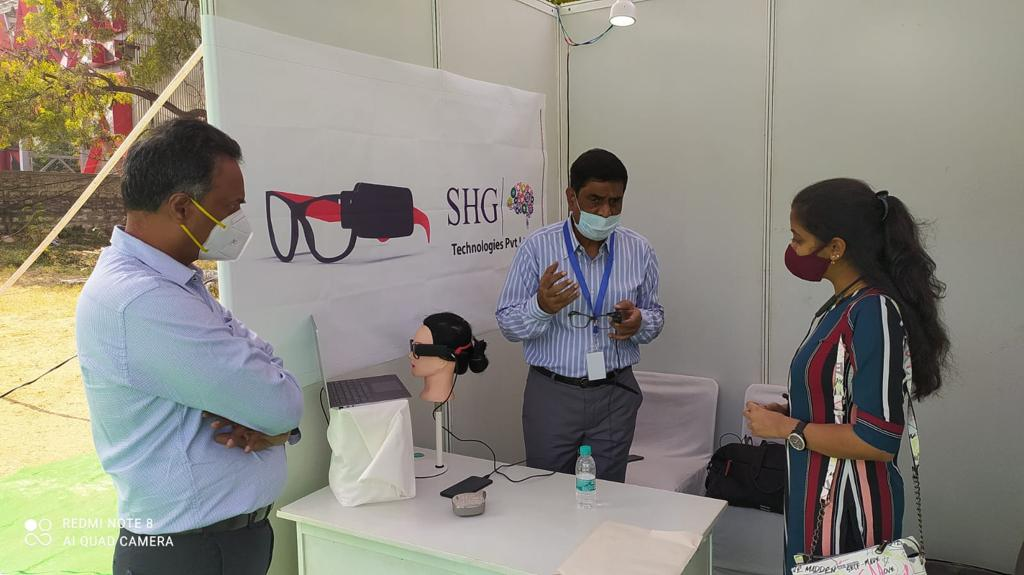
Smart Vision Glasses is manufactured under Muthangi’s SHG Technologies in Jalahalli, Bengaluru. So far, 2,500 glasses have been sold. Muthangi and his 30-member R&D team is now developing a new technology where the device will be used on bone conduction glasses to avoid the Bluetooth band altogether.
The company works with blind schools, Rotary Clubs, and Vision Aid has been instrumental in identifying people, and giving grants to buy glasses for those in various blind schools. The Help the Blind Foundation also obtains CSR funds from companies like Cognizant, Wipro and others, buys glasses from SHG, which provides training, assistance and maintenance.
Clinical trials were held at the Aravind Eye Hospital in Madurai. Now all the Aravind Eye Hospitals, Sankara Nethralaya in Chennai; All India Institute of Medical Sciences (AIIMS), Delhi; LV Prasad Eye Institute, Hyderabad; and others recommend the Smart Vision Glasses at their clinics. Muthangi says their feedback has been incorporated to make the glasses more user-friendly.
Training to use the glasses just takes around 15-20 minutes and he adds that there have been favourable responses from users. A pair of glasses costs Rs 30,000 at present, and once production is scaled, he hopes to reduce the price to Rs 10,000.
“They were pleasantly surprised by the turnout, and there was a great deal of excitement with many people engaging in conversations with our team,” he adds.
SHG Technologies is currently bootstrapped with initial funds coming in from family and friends. Muthangi says the company is now sustainable, but is also looking at government grants and funds to scale it up.
“There are 250 million people in the world with medium to severe visual impairments. We are working on a project that uses augmented reality (AR) to help them,” he says.
Participation at TechSparks
SHG Technologies was part of TechSparks 2023, YourStory’s flagship tech startup event held recently in Bengaluru, and made it to YourStory’s Tech30 list as one of the 30 most promising Indian startups of 2023.
“Our VP of marketing and sales, managing director, and VP of engineering who attended (the event) shared that it was quite interesting, and they successfully made numerous valuable connections,” Muthangi says.
“They were pleasantly surprised by the turnout, and there was a great deal of excitement with many people engaging in conversations with our team,” he adds.
(The copy was updated with details on the company’s entry into the Tech30 cohort.)
Edited by Megha Reddy


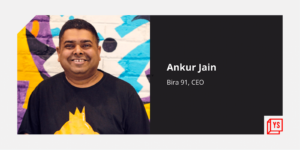

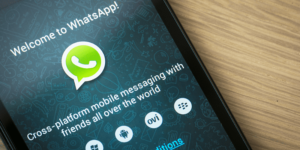
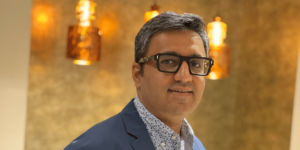
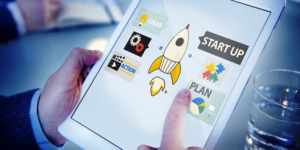
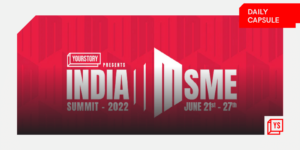

![Read more about the article [Funding alert] MoEVing closes $5M in seed capital from angels to fuel growth](https://blog.digitalsevaa.com/wp-content/uploads/2021/12/moeving-1639553095584-300x150.png)
